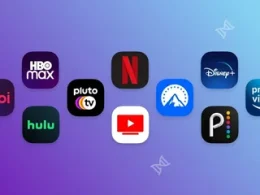Voice assistants, such as Amazon’s Alexa and Google Assistant, have become increasingly popular in households across the US, changing the way we interact with technology and the internet. As these virtual assistants become more ubiquitous, they are transforming not only our daily lives but also the internet and telecom industry as a whole.
One of the biggest impacts of voice assistants is the way they are changing how we search for and consume information online. Instead of typing out a search query on a search engine, we can simply ask our voice assistant a question and receive an immediate answer. This has led to a shift in the way search engines like Google prioritize their results, as they must now optimize for voice search queries as well as traditional text searches.
Additionally, voice assistants have spurred the growth of smart home technology. With the ability to control everything from lights to thermostats with a simple voice command, consumers are increasingly investing in smart home devices. This has created new opportunities for telecom companies, who are now able to offer bundled services that include smart home devices, such as security systems and connected appliances.
However, there are also concerns about the impact of voice assistants on privacy and security. As voice assistants are always listening for their wake word, there is the potential for them to pick up and record conversations without the user’s knowledge or consent. This has raised questions about data privacy and how these companies are using the data they collect from users.
In terms of the telecom industry, voice assistants have also opened up new opportunities for communication services. With the ability to make calls and send messages through voice commands, telecom companies are now able to offer additional services through their networks.
Overall, the rise of voice assistants has had a significant impact on the US internet and telecom industry, from changing the way we search for information to creating new opportunities for smart home technology and communication services. As these devices become even more advanced and prevalent in our daily lives, it will be important to continue monitoring their impact and addressing any concerns around privacy and security.












